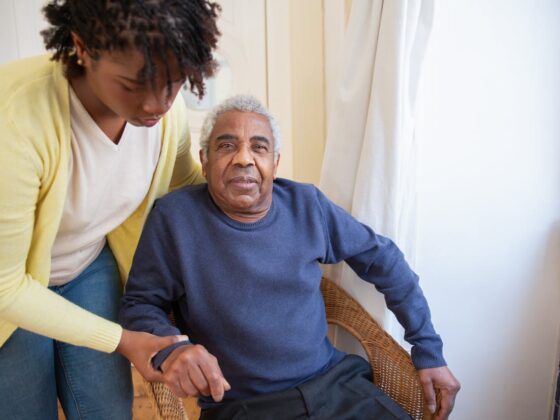Effective Anxiety Therapy Techniques You Need to Know
If you’re struggling with anxiety, psychotherapy can help. Whether your concern is triggered by negative thought patterns, underdeveloped coping skills, or deeply-rooted unconscious beliefs, psychotherapy can offer relief.
Psychotherapy
Anxiety therapy, also referred to as psychotherapy or talk therapy, is a form of mental health treatment that aids people in coping with anxiety disorders and associated symptoms. This process involves conversing with a qualified therapist to identify the thoughts, emotions, and behaviors that lead to anxiety and developing tactics to manage them.
Anxiety therapy Mooresville NC, can be a life-changing experience for people struggling with anxiety. Once you have found a few potential therapists, you can schedule initial consultations to get to know them and see if they fit you. Finding a therapist you’re comfortable and confident with to benefit from therapy is crucial.
Cognitive Behavioral Therapy (CBT)
Cognitive Behavioral Therapy (CBT) is founded on the principle that our thoughts, emotions, and actions are interlinked and influence one another. CBT aims to help individuals identify and reframe negative or distorted thoughts and beliefs, leading to a positive change in behavior and emotional well-being. Unhealthy or negative thoughts can contribute to emotional distress and certain behaviors, such as social phobia or panic attacks.
CBT teaches you how to identify and change these negative thought patterns. Your therapist may ask you to pay attention to physical, emotional, and behavioral responses to different situations to learn how to recognize negative ways of thinking.
They may also ask you to perform cognitive experiments designed to help you challenge and reframe automatic thoughts. The process involves making predictions about an activity and testing them for accuracy.
They may also ask you to practice relaxation exercises and breathing techniques and teach you how to self-soothe in stressful or anxious moments. They may also encourage you to write down disturbing thoughts and work on replacing them with more realistic ones.
Interpersonal Therapy (IPT)
IPT recognizes the role relationships and social connections play in anxiety. Individuals who struggle with social anxiety and depression often report difficulties forming or maintaining relationships. IPT helps address these challenges by teaching individuals to improve their communication skills, identify and process negative self-evaluations, and resolve conflicts.
IPT also focuses on active listening and teaching individuals to assertively express their thoughts, feelings, and needs. Effective communication can improve relationships and anxiety management.
IPT aims to help individuals build a strong support system and develop healthier coping strategies. IPT can be used with other evidence-based therapy approaches, such as CBT or exposure therapy.
Dialectical Behavior Therapy (DBT)
DBT skills help people recognize their anxiety triggers and develop healthier stress management methods. They also help them to better understand and accept their emotions, including the negative ones that often lead to anxiety. DBT follows the principle of dialectics – opposing ideas can be combined, accepted, and balanced.
Borderline personality disorder (BPD) is usually treated with Dialectical Behavior Therapy (DBT).disorder, but it’s also proven effective in treating other mental health conditions like social anxiety. Several studies have shown that DBT can reduce parasuicidal behavior, inpatient hospitalization days, and trait anger for people with BPD.
If you suffer from anxiety, It is crucial to seek assistance from a licensed mental health provider. Find a therapist certified in DBT ready to help you feel more empowered and confident in your day-to-day life. You’ll be matched with a therapist that is right for you and your needs, starting at just $60 per week.
Acceptance and Commitment Therapy (ACT)
ACT focuses on building psychological flexibility and teaching individuals to commit to living their lives by their values. During sessions, people work with a therapist to identify their values and develop strategies for achieving them. They may be given homework (like mindfulness or values clarification exercises) to practice between sessions.
During ACT sessions, patients learn to notice and accept difficult thoughts and feelings. They also know to engage in behaviors that align with their values, even in the presence of anxiety. The goal of ACT is to reduce suffering by moving towards life’s meaningful activities, regardless of the nature of painful internal experiences.
In ACT, the patient learns to view their anxious thoughts and feelings as bus passengers rather than passengers in the driver’s seat. It allows them to detach from their thoughts and feelings, reducing their power over them. It also teaches them that anxiety is not an integral part of their identity.










